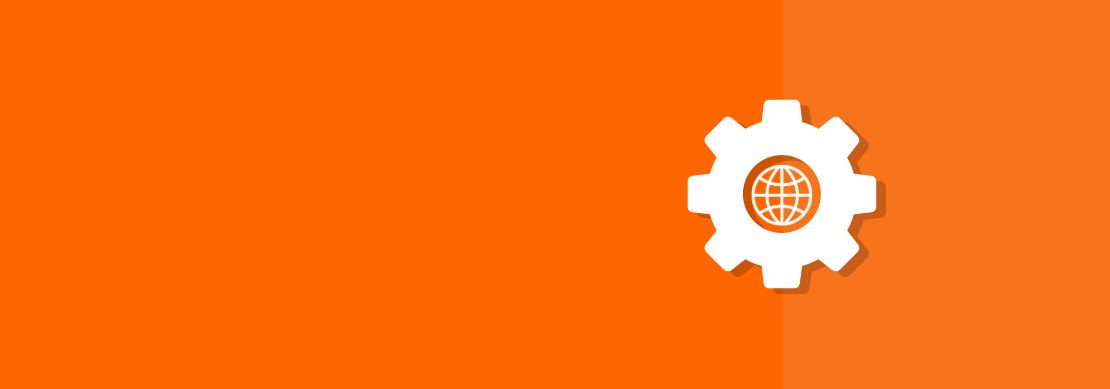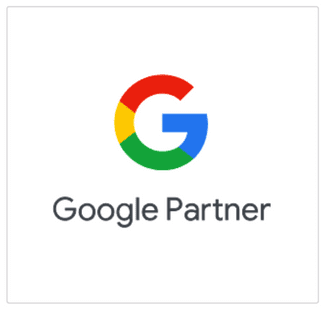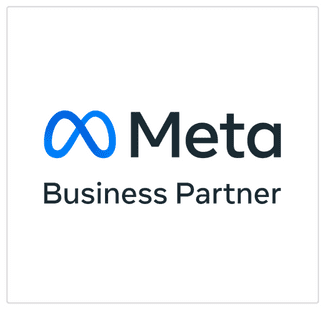A landing page is an essential element of your online presence. It is the first impression you make on potential customers and the place where they can get crucial information about your products or services. Why is it important to have a search engine optimised landing page? Simple: such a page allows you to attract more visitors and convert more of them into customers. By ranking in the top search results, you can gain a competitive advantage and strengthen your online presence. In this guide, we explore best practices for SEO optimisation of landing pages and how they can influence the success of your business.
What is landing page SEO?
An SEO landing page, also known as a landing page, is a web page specifically designed to guide visitors to a specific action, such as purchasing a product, filling out a form or contacting a company. These pages are essential in online marketing strategies because they are designed to convert visitors into customers.
The key role of landing pages in your online marketing strategy lies in their ability to provide a personalised and relevant experience to users who arrive on your website. By optimising content and design to respond to visitors’ needs and interests, you can significantly improve your chances of conversion.
SEO landing pages also play a crucial role in influencing rankings in SERPs (search engine results). When a landing page is properly optimised for search engines, it is more likely to rank in the top organic results. This makes these pages more visible to users searching for relevant information or products, which increases the chances of attracting quality traffic and generating conversions.
SEO best practices for landing pages
Keyword research:
Keyword research is an essential process for optimizing a landing page. Identifying relevant and strategic terms helps you target the right audience and attract the right traffic to your page. By using specialized tools and competitor analysis, you can discover keywords with high search volume and low competition that give you an advantage in SERP rankings.
It’s also important to tailor your keywords according to users’ search intent. In this way, you can create relevant content and respond to the specific questions and needs of your audience, contributing to a more positive user experience.
In addition, periodically updating your keyword list and monitoring their performance over time helps you stay competitive and adjust your SEO strategy according to industry changes and user behaviour.
Tailor content to search intent:
Once you’ve identified relevant keywords, it’s crucial to create content that responds to users’ search intent. This means providing valuable information and responding to the questions or needs that users have in mind when they visit your landing page.
Structuring content in a clear and coherent way, using relevant headings and sub-headings and providing concise and easy-to-understand information are key elements for a positive user experience and increasing the chances of conversion.
Also, optimizing page design and navigation elements can improve user experience and increase the chances of user retention on your site, which can have a positive impact on SERP rankings.
On-page SEO optimization:
On-page SEO optimization is another important aspect of a landing page. Using appropriate tags, relevant meta descriptions and other elements such as image tags and page titles can improve the visibility and relevance of your page to search engines.
By including keywords in your on-page elements and maintaining an SEO-friendly URL structure, you can help increase your SERP rankings and drive more qualified traffic to your landing page.
Also, optimising content for mobile devices and improving page load speed are essential aspects of on-page SEO and can significantly influence your page’s performance in search engines.
Title Tag:
The Title Tag is the HTML element that specifies the title of a web page and is displayed in search engine results as the main title of the page. It is essential to include relevant keywords in the Title Tag to communicate the content and relevance of your page to search engines and users. Make sure your Title Tag is concise, informative and engaging, motivating users to click through to your page.
Meta Description:
The Meta Description is a short description of the content of your web page and is displayed in search engine results below the page title. Although the Meta Description does not directly influence your SERP rankings, it is important to optimize it with relevant keywords and create an engaging description that encourages users to visit your page. Limit the length of the Meta Description to around 160 characters to ensure it is displayed correctly in the SERPs.
Headings:
Correct use of heading tags (H1, H2, H3, etc.) is crucial for structuring content and on-page SEO optimization. Be sure to use a single H1 tag per page for the main headline and use subsequent headline tags to organize the important topics and sections of your content. Include relevant keywords in your titles and make sure their structure is logical and easy for users to navigate.
Alt Text:
The Alt Text tag is used to provide a textual description to images on your web page and is important for accessibility and SEO optimization. Include relevant keywords in the Alt Text and make sure the descriptions are descriptive and relevant to the image content. This not only improves the experience of visually impaired users, but also helps search engines understand the content of images and rank them appropriately in search results.
Internal Links:
Internal links are links to other pages on the same website and are important for on-page SEO optimization. Proper use of internal links can help share page authority and improve user experience by making it easier to navigate and discover relevant content. Make sure you use relevant keywords in anchor text and that links are strategically placed to guide users to relevant content.
Resize images and use videos that link to YouTube:
Resizing images and optimizing their size can improve the loading speed of your website, which is crucial for user experience and SERP rankings. Also, incorporating videos from platforms like YouTube can improve interactivity and user engagement with your content. Make sure you use compatible file formats and optimise video sizes to maintain optimal loading speed for your page.
URL optimization:
The URL of your web page should be concise, descriptive and SEO friendly. Include relevant keywords in the URL and remove redundant or confusing elements to create a clear and easy-to-understand link for search engines and users. Make sure the URL is logically structured and reflects the content and subject of your page in a relevant and informative way.
Monitor page speed and basic web features:
Monitoring and improving the loading speed of your page is essential to ensure an optimal user experience. Users are used to fast loading speeds and may leave your page if it loads too slowly. Using tools to monitor page speed and optimise elements such as images, CSS code and JavaScript can help reduce load times and improve the performance of your page. Make sure your hosting server is reliable and that you use an HTTPS protocol for user data security.
Building backlinks:
Backlinks are links from other sites to your web page and are an important factor in SERP rankings. A large number of quality backlinks from relevant and authoritative sites can increase the authority of your page and improve your ranking in search results. It is important to obtain backlinks in an ethical and natural way, avoiding spammy or unfavorable link building practices. You can get backlinks by creating quality content and sharing it on social networks and content distribution sites, collaborating with other site owners to exchange links or getting positive mentions and reviews from other sources. Make sure the backlinks you get are relevant to your field of activity and come from trusted and authoritative sources to maximize their impact on your SERP rankings.
Optimize your landing page today to rank at the top!
Remember, landing page SEO optimization is an essential component of your online marketing strategy. By applying the SEO best practices discussed in this guide, you can improve the visibility of your business in search engines and drive more qualified and engaged traffic to your website. Properly optimized landing pages not only lead to a better user experience, but also a higher likelihood of conversion and growth for your business.
Our team of experts at re7 consulting is here to help you SEO optimize your landing pages and grow your online business. With our web design services and SEO optimization services, we can create engaging and effective landing pages that attract and convert visitors into customers. With extensive experience in SEO optimization and web development, we are ready to support you in achieving your online marketing goals.
Don’t let the competition outrank you in search engine rankings. Contact us today to discuss how we can work together to optimize your website and grow your business. With the help of SEO agency re7 consulting, you will have the chance to stand out online and attract more customers to your business.







